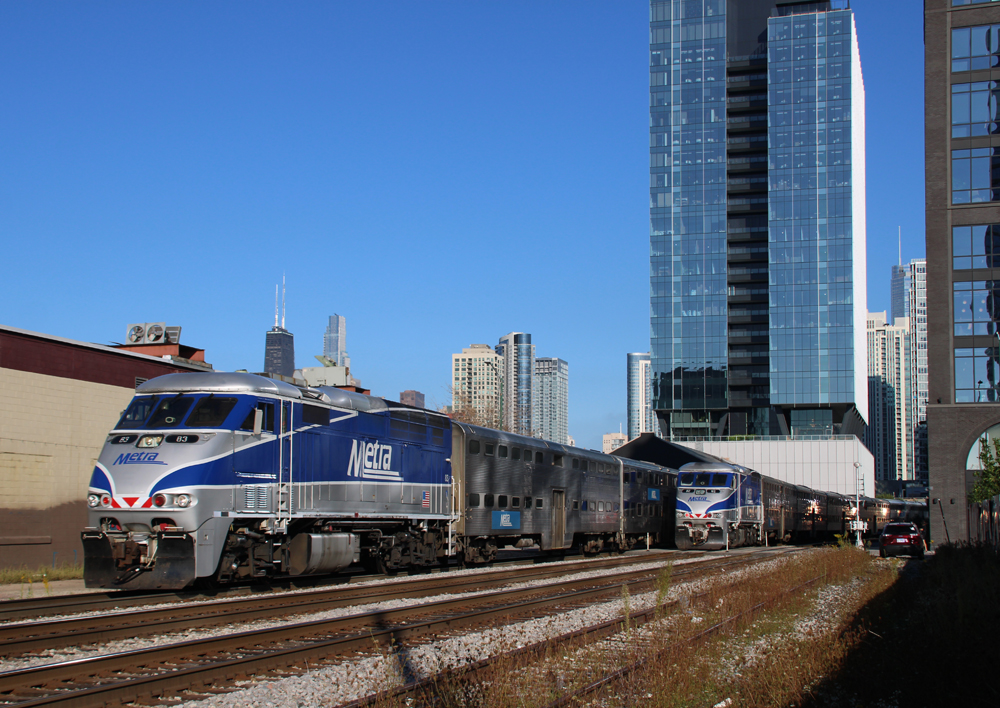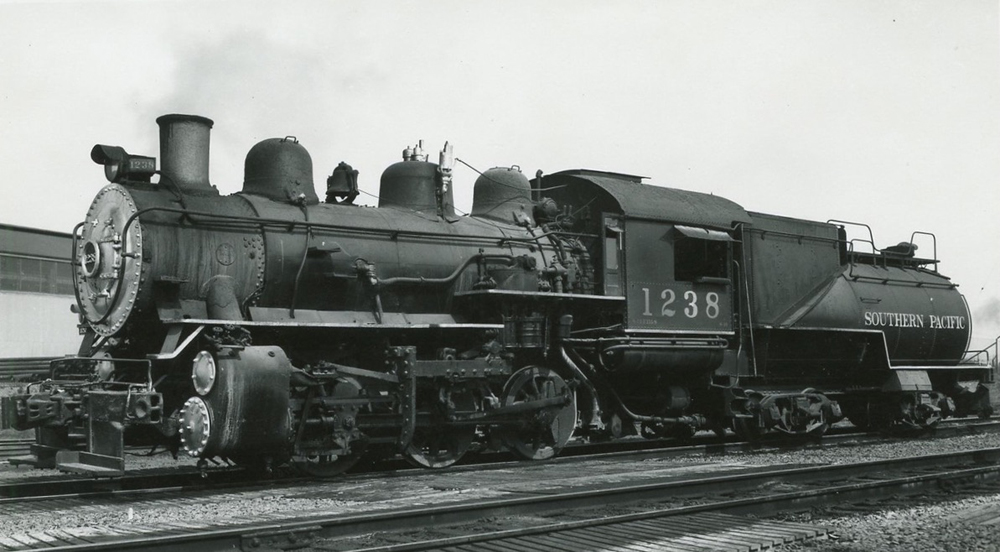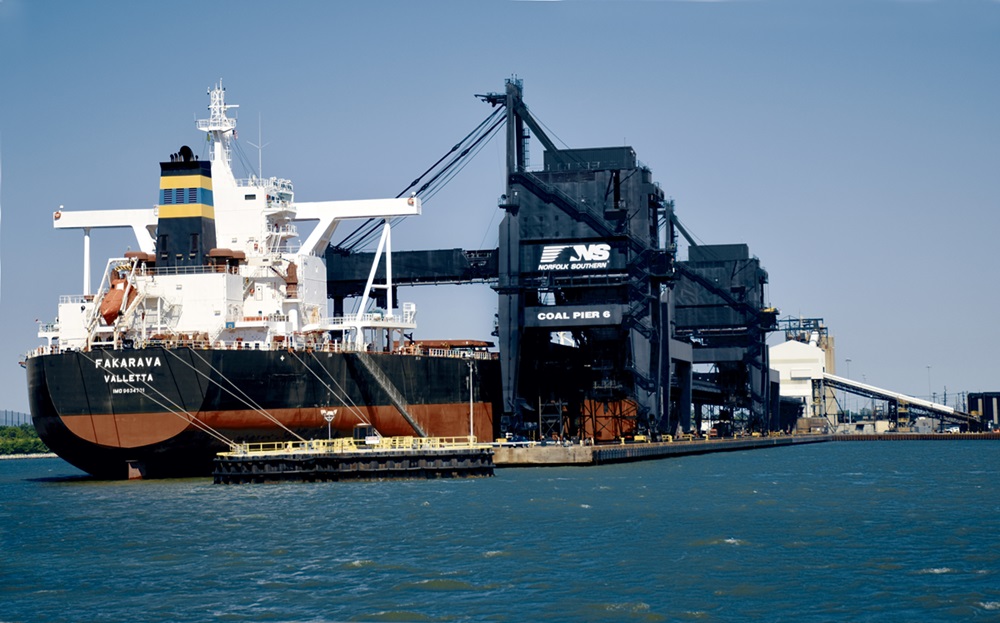
CHICAGO — Commuter rail operator Metra has unveiled a proposed 2025 operating budget of $1.135 billion and a $366.5 million capital plan, saying it will avoid fare increases by relying on sales tax revenues and a decreasing allotment of federal COVID relief aid to cover projected increases in expenses.
The Thursday, Oct. 10, release of the budget begins a public comment period that will include a series of hearings throughout Metra’s service area on Nov. 6-7 as well as an online hearing Nov. 6. The Metra board is scheduled to vote on the budget later in November.
Metra CEO/Executive Director Jim Derwinski describes the budget as “status quo” in the message accompanying the budget, abut adds, “unless the Legislature solves the fiscal cliff that’s loming in our 2026 budget, we may look back on the 2025 version as the calm before the storm.” Funding for the budget includes $238.4 million in federal COVID aid, issued to help transit agencies offset the loss in ridership and fare revenue during the pandemic. Including the money to be used in 2025, just $331.8 million of that funding remains, and the balance is expected to be exhausted in 2026.
The operating budget is about 4.1% higher than in 2024, primarily because of projected inflation, contract, and market factors. It includes increased spending to meet new regulations, upgrades to positive train control to address cybersecurity concerns, and increased marketing costs.
The largest portion of the capital plan, $101.8 million, is devoted to bridges, track and structures. Metra has been emphasizing work on bridges, some of which are more than a century old, for several years. Some $93.8 million is set for rolling stock expenditures, with the majority of that, $52 million, devoted to the agency’s car rehabilitation program.
The full budget proposal is available here.
Details on the planned Nov. 6-7 hearings, including information in participating in the Nov. 6 online event, are at the end of this press release. Comments can also be emailed to 2025budgetcomments@metrarr.com; left by voicemail at (312) 322-1006; or emailed to the attention of Kim Borges, Executive Administrative Assistant, External Affairs, Floor 13, 547 W. Jackson Blvd., Chicago, IL 60661.














A reckoning is coming. Cutbacks seem the only option. Too many empty seats.
This is a problem for every local transit agency. Depending on state or federal funds is hard to count on. The stay at home work policies are hurting the revenue that transit agencies need to operate the level of service they run today. About the only thing they can due is cut service or raise fares but both will hurt ridership. Transit agencies need to find ways to increase their off peak ridership to increase revenue. Weekend special fares and maybe keying on recreational options can help. Additional on vehicle advertising, on bridge advertising also could help.
That’s right! Just like the Hwy systems!
Translate to English, two sentences. (1) States and localities and transit districts have no idea how to fund rapidly increasing operating and capial costs. (2) States, localities and transit districts are backstopped by federal deficit spending — no matter how little money the locals have, the feds will bail them out with printed money.